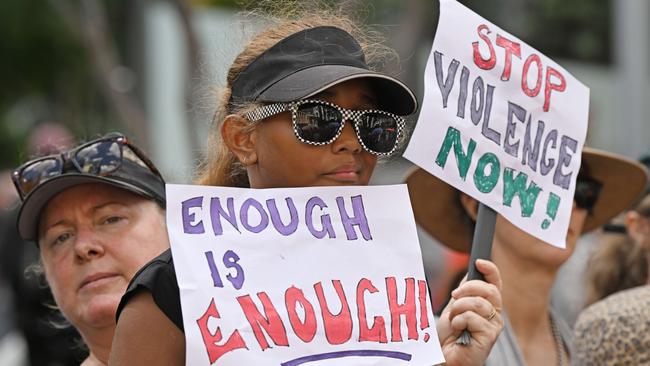Cultural hesitance to confront abuse in rural communities
Rural families and people living in and servicing country communities too often fail to confront sexual violence, even when reported.

Rural families and people living in and servicing country communities too often fail to confront sexual violence, even when reported, due to the myth that “good community men” don’t inflict abuse.
That is the finding of a new study that has shone a blinding light on the disproportionate impacts revictimisation has on abused rural woman.
The research found a failure to respond to reports of sexual violence by rural communities, services – including police, schools and medical professionals – along with families themselves.
The research, Normalisation of sexual violence revictimisation in regional and rural areas: Our failure to respond, was published by the Centre Against Sexual Assault, Australian Research Centre in Sex, Health and Society and La Trobe University.
Co-author Dr Emily Corbett said multiple forces combined to create the “perfect storm” that meant even when sexual violence was disclosed early, there was a failure to respond so abuse stopped.
“Families chose to ignore the disclosure because they didn’t want to fracture the family network,” she said.
She said perpetrators of sexual violence were often well-known community members with high social standing, creating cultural hesitance to confront the abuse.
“Today we really still see the narrative of the ‘good community man’ dismissing the possibility that he could cause sexual harm,” Dr Corbett said.
Researchers found the failure was influenced by many factors – including rural isolation, fear of social exclusion, victim-blaming, idealisation of community men, and limited relationship and sexuality education – and contributed to women being revictimised and violence being “normalised”.
The study also found that with that followed higher rural rates of intimate partner violence, devastatingly poorer health and wellbeing outcomes for women and families, and economic costs too.
Sexual violence includes unwanted touching, without consent, exposure to pornography, harassment, abuse and grooming.
CASA Central Victoria chief executive officer Kate Wright said much greater funding was needed for specialised sexual assault services that were adequately funded to reach rural areas, and for a statewide strategy.
In the case of child sex abuse in rural areas, it was often male family members who were perpetrators of the violence, or trusted community members who groomed both the child and the child’s family to trust them before carrying out abuse.
While victims that contacted specialised sexual assault services often had better outcomes, there were long wait lists for help, Ms Wright said, and there was no additional funding provided for rural travel, accommodation for CASA staff, or rural and regional loading.
She added the funding had not changed since the 1980s and as a sector, an immediate boost of $10 million was required in the State Budget to begin to address the funding shortfall.
For help, Women’s Crisis Line 1800 811 811 and Men’s Referral Service 1300 766 491




